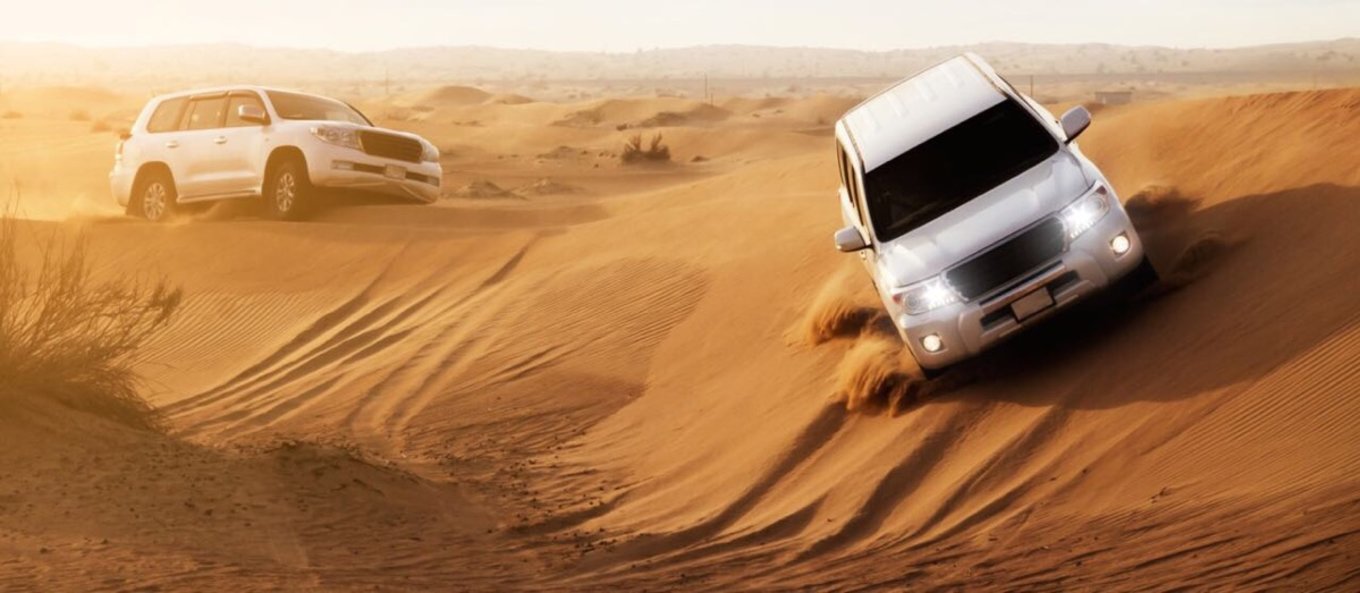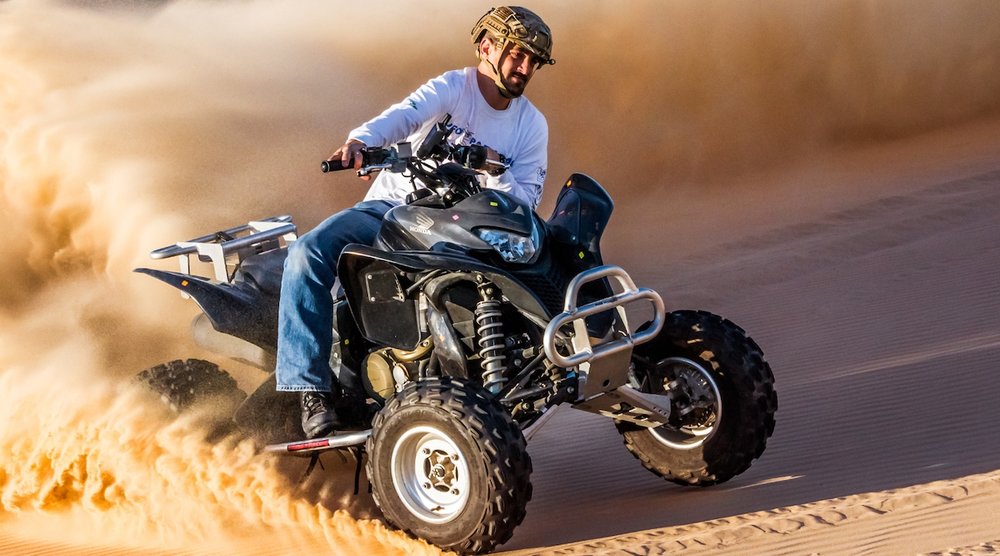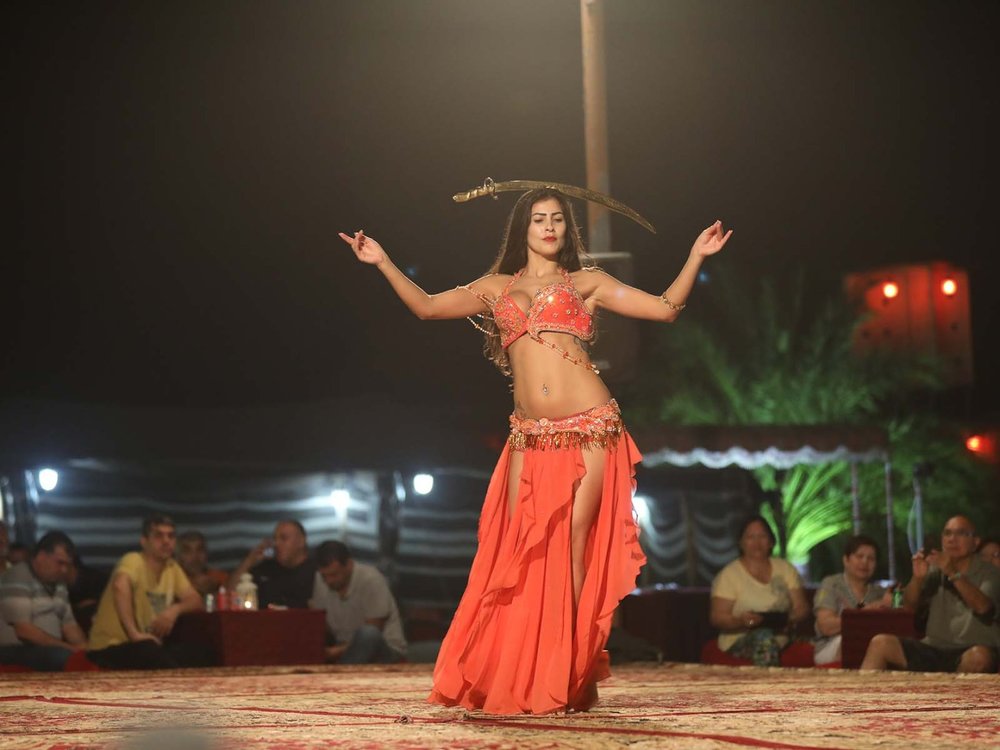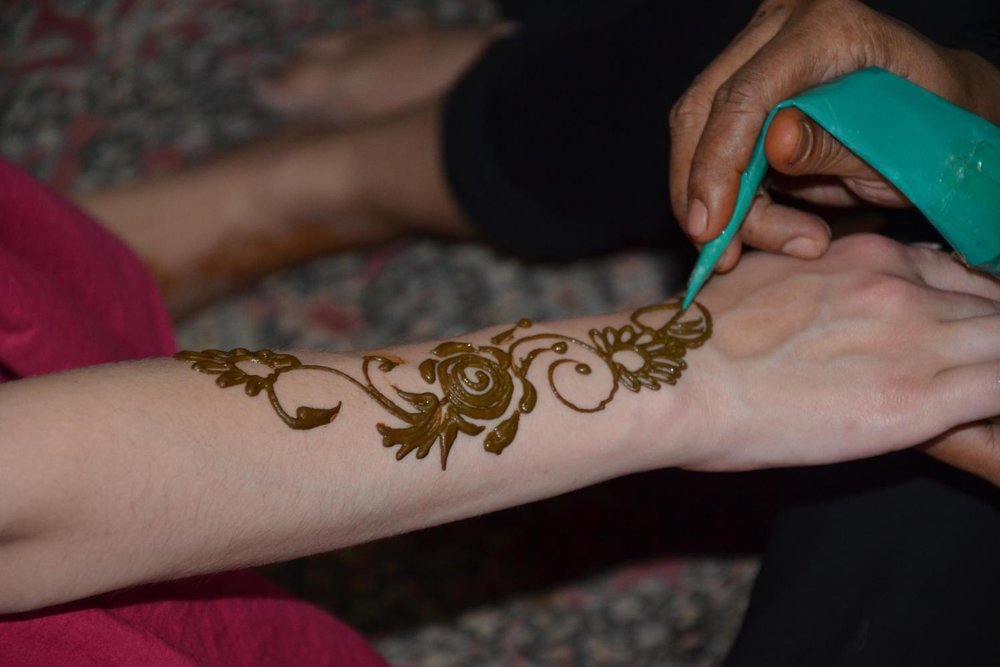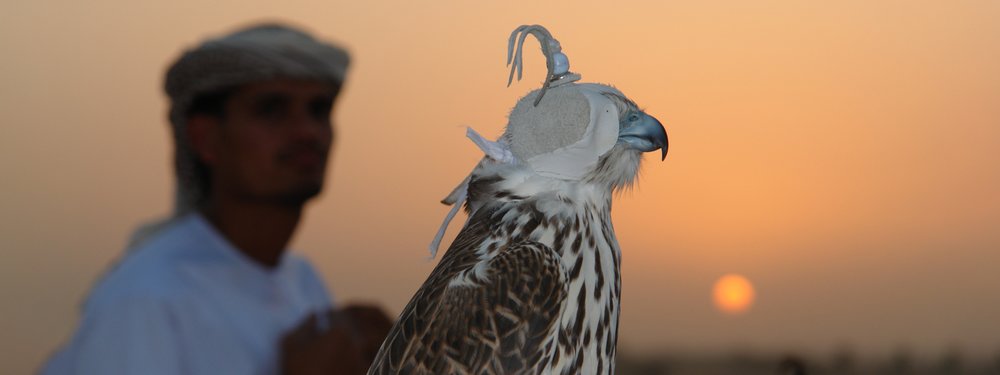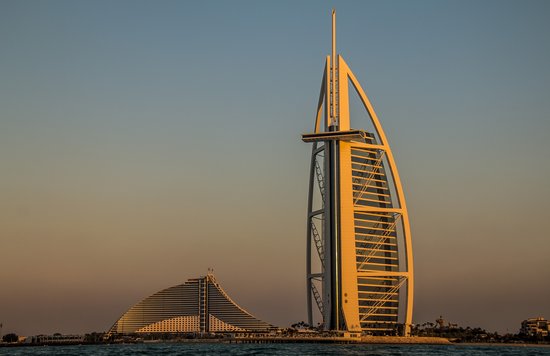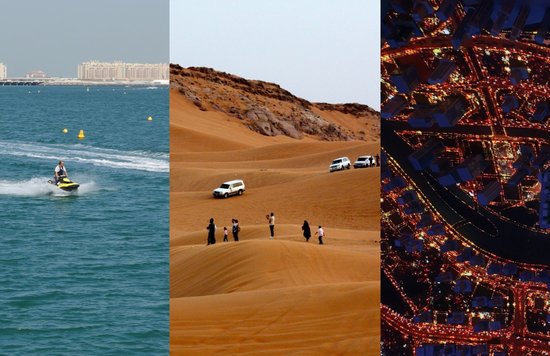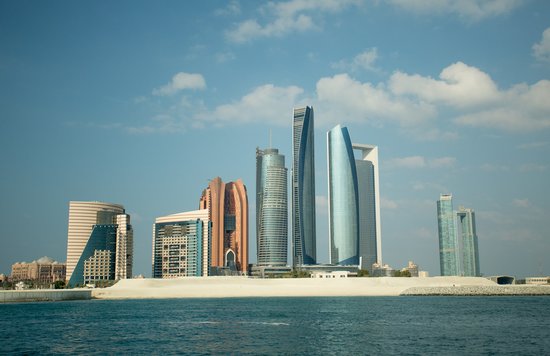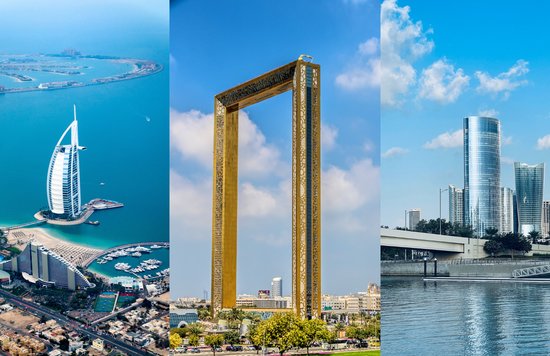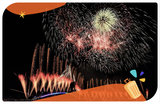Conquer the red sands of Dubai with a desert safari tour!
Built from the oil profits of its motherland, Dubai screams luxury. The young emirate teems with gleaming skyscrapers, architectural wonders, and entertainment & shopping centers. But beyond the glitz and the glamor lies the ancient desert and the old Arabian way of life. This side of the emirate promises adventure, intrigue, and a chance to see what Dubai is really about.
Many travelers have left their mark on the Arabian desert, and now, it’s your turn. Here’s why you should fly out to Dubai and experience a desert safari tour!
1. Dubai’s desert landscape is nothing like you’ve ever seen
Like a blank canvas, Dubai’s desert landscape is the perfect medium for your creativity. Many photography enthusiasts take advantage of its glowing sunsets and undulating sand dunes, composing awesome photographs that rival desktop screensavers. You might even feel like you’re on another planet once the hot sun hits the sand and creates a red hue akin to Mars’ surface. The desert becomes even more beautiful at night when clouds open up to a sky full of stars.
Klook tip: Bring your tripod for a steady long exposure shot of Dubai’s magnificent night sky. Who knows, you might even catch a shooting star!
2. Get to choose your own adventure
The vast desert is your playground, and with so many activities, you’ll certainly have an unforgettable time. Hop on a 4x4 car and experience dune bashing, an adrenaline-pumping test of balance where cars go up and down a course of steep sand dunes. Next up is sandboarding, an activity that tests your balance as you slide down a tall slope of sand. You may tumble or roll, both of which will make for a funny holiday video. You can also try quad biking as an optional activity!
If you liked the chaotic nature of dune bashing, then you’re gonna like quad biking. Hop onboard a four-wheeler bike and streak across the desert like a professional racer.
3. Ancient and rich Arabian art and culture
As the night falls, you’ll be led to a Bedouin camp for dinner and entertainment. Here you’ll find Arabian culture as it was hundreds of years ago–theatrical, colorful, and mesmerizing. Watch as belly dancers take the stage with their snake-like hips, talented young women spinning their skirts to perform a folkloric dance called Tanoura, and fire-breathing locals showcasing their mastery of the element.
While there, you can also get a tattoo made of henna, a reddish-brown ink used to draw temporary tattoos on the skin. Choose from a set of designs or create your own with the artist, and enjoy the art form for a couple of days until it eventually fades away.
4. Dine like a king at the unlimited BBQ dinner buffet
Spice and meat are two of the most important components of Arabian cuisine, which you’ll find heaping at a desert safari dinner buffet. You can find open-fire grills lined up at the campsite, prepping all kinds of barbecued meats to satisfy your appetite. Plates full of fresh fruits are at the ready, sliced into chunks for you to munch on while a cultural show is being staged. This smorgasbord of Arabian delights is perfect after a day of adventure and fun under the sun. End your filling dinner with a cup of traditional Arabian coffee and sweets, or opt for a shisha to settle your overstuffed belly.
5. A once-in-a-lifetime glimpse of rare wildlife
Get to meet the UAE’s national bird, the falcon, during your desert safari trip! Falconry, or the training of falcons, is a traditional sport in the UAE. It’s considered a high art form in Emirati culture and has been included by UNESCO in their list of intangible cultural heritage of humanity since 2016. Originally used for hunting in the olden days, falcons are now trained for sporting events and cultural purposes. Falconers bring their falcons to desert safaris for selfies and shows, so don’t miss out on a selfie with the majestic hunting bird!
Other local fauna can also be spotted throughout the desert. Keep an eye out for the Arabian oryx, meerkats popping from pockets of land, owls, and diverse flocks of birds. The desert is considered to be a conservation area, so avoid close contact with the animals as much as you can.

